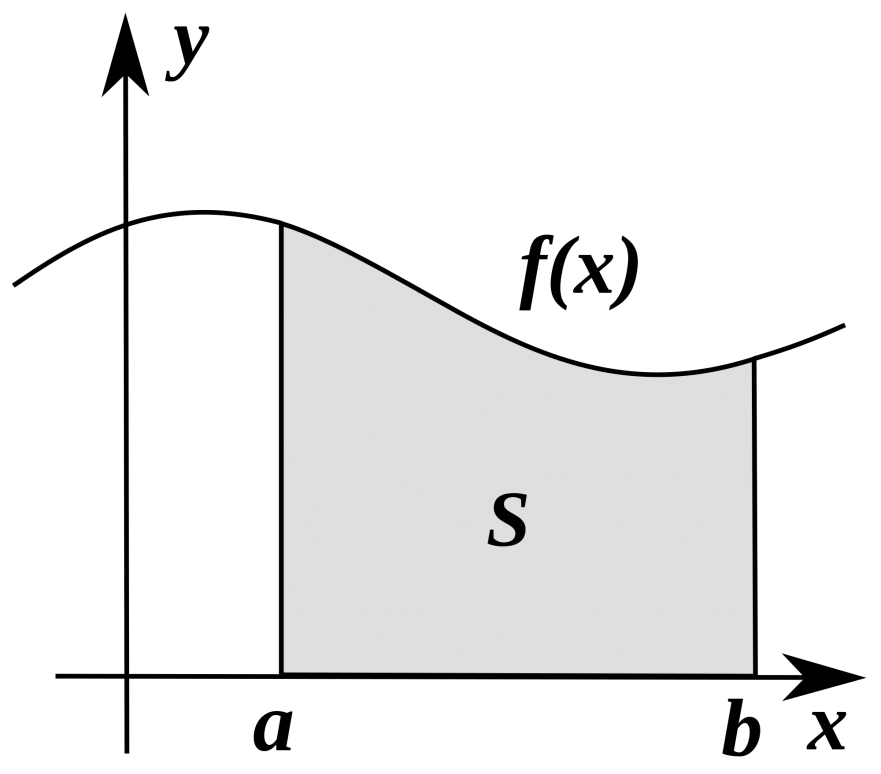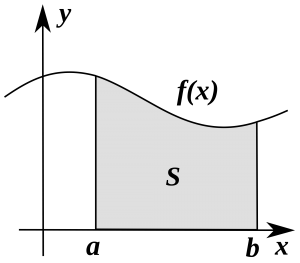This past Wednesday, the Obama Administration announced $375 million in support for what he is calling “Next Generation High Schools”. These schools, according to the press release, will more effectively engage and empower students to meet the demands of today’s economy.
One inspiration for this new level of financial commitment is the disparity among high schools when it comes to math and science education. Data from the Office of Civil Rights reveals that only 50% of US High Schools offer Calculus. And this among other things, according to the President, needs to be remedied through comprehensive high school redesign.
As I reflect, in light of this announcement, on the students at my small high school that struggle with math, and there are many of them, the last thing that occurs to me is that we should offer Calculus.
The small handful of students who are ready for Calculus are currently taking it at a local community college and receiving dual credit. These students came to high school already accelerated in their math skills. Through the many conversations I’ve had with this small cohort, I’ve found that they have always been “good at math”. Without any rigorous qualitative research, it’s probably safe to deduce that these kids were demonstrating solid math aptitude as early as kindergarten.
Now to the students that are “not good at math”. My hunch is that the opposite is true for them. And if these students are like many of their peers across the nation, their struggles with math likely started at the same time that their higher-skilled counterparts were being pulled out of their third grade classes for gifted and talented project-based learning.
No amount of money earmarked for math education redesign at the high school level is going to mitigate the huge gaps in skill and understanding that kids bring with them to 9th grade. Asking schools to offer more Calculus when so many students are struggling to find their way around a number line is nothing short of ludicrous.
Severely underserved schools and their communities need more resources. And these newly announced funds represent a robust and generous commitment on the part of the federal government to help reduce the achievement gap and create more equitable school practices. But it doesn’t take a mathematician to know that the money would be better spent at the elementary school level so that today’s third graders can start getting Calculus ready right now.











Comments 2
So often, people with presumably good intentions (Obama, in this case) miss the broader implications of the problems they think they might solve. It’s so frustrating that people so often miss the big picture and unintended consequences.
Eve, I love your posts. I admire your brevity and your ability to distill your idea into a powerful and pointed message. I totally agree– it’s too late by high school. I taught a reading intervention class for a couple of years at the sophomore level. Although my students made great gains, I still wonder if they have a shot at being “college and career ready” by graduation, if indeed they graduate. I believe they can achieve what they want to, and that they can learn, but with years of gaps in both math and reading, discouragement and disengagement was more the norm. They needed help several years before. There is too much content for them to have to learn in high school to also be making up for skill (and habits of mind) deficiencies that should have been addressed earlier. And I am not blaming the elementary teachers at all. But “fixing” high schools is only a piece of the puzzle.